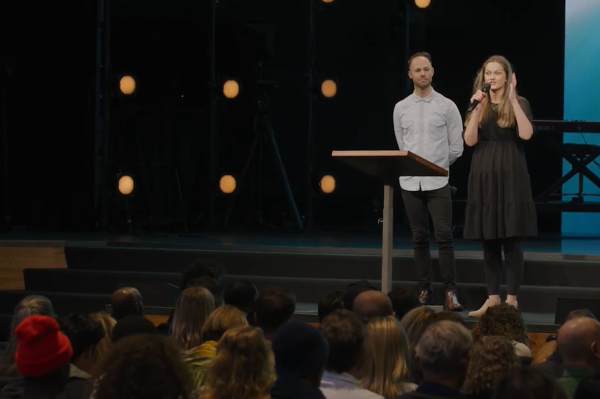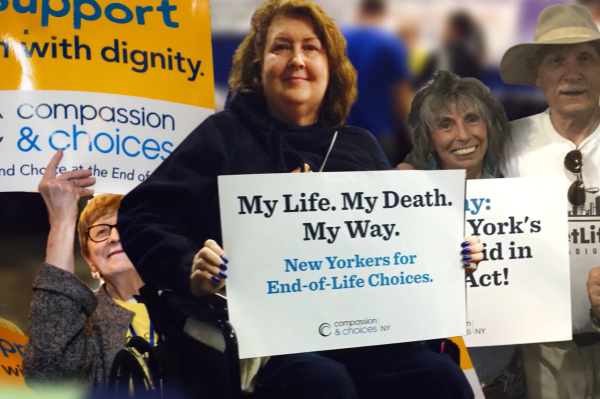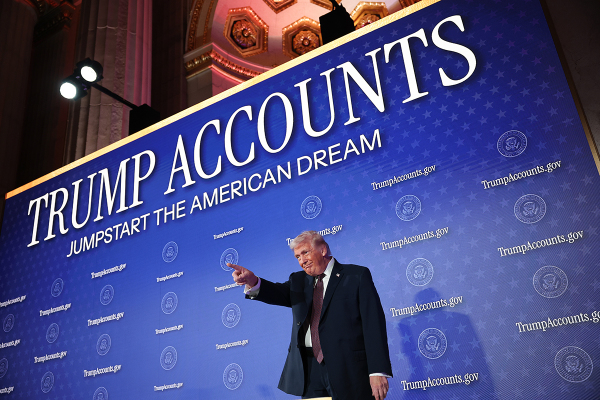Minneapolis seeks over $55 million in aid to restore city ravaged by riots
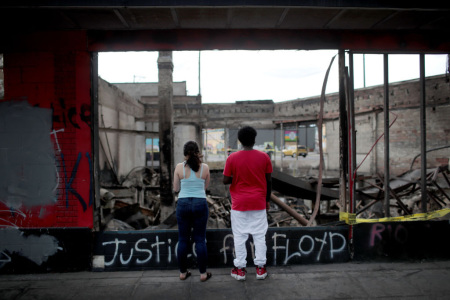
Minneapolis Mayor Jacob Frey said the city is expected to need well over $55 million in state and federal aid to rebuild hundreds of structures damaged or destroyed during several nights of violent riots sparked by the officer-involved death of George Floyd.
The city's Community Planning & Economic Development department has estimated that at least 220 buildings were damaged, resulting in a minimum of $55 million in costs, but that initial estimate is expected to rise significantly, according to the Star Tribune.
The city is "not yet ready to produce a credible estimate" of the losses, City Council members said Tuesday.
"We will do everything we can as we shift to recovery mode," Frey was quoted as saying. "We're recovering from crises sandwiched on top of each other, from COVID-19 to the police killing and then the looting which took place afterward."
The mayor also said he expects the full cost of the damage to be "tens, if not hundreds of millions" of dollars in the Twin Cities.
Minnesota Gov. Tim Walz has spoken to U.S. Sens. Amy Klobuchar and Tina Smith and U.S. Reps. Ilhan Omar and Betty McCollum, who represent the Twin Cities, about the need for aid.
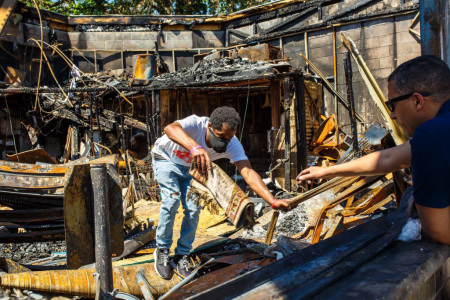
"To be realistic, the odds of that happening are, at best, very difficult," McCollum said, according to National Review. "If it is demonstrated [that] outside provocateurs committed acts of destruction then there is a clear rationale for an emergency declaration by President Trump."
Walz and the Twin Cities' mayors said last week that despite their initial beliefs that the majority of people looting and burning buildings came from out-of-state, in reality, 86% of people arrested last weekend alone lived in Minneapolis or the metro area, according to data taken from the Hennepin County Jail's roster that was first reported by news station KARE 11.
Minneapolis, looking like the aftermath of a war. pic.twitter.com/eEiF6gkJdL
— Mark Higgie (@MarkHiggie1) June 6, 2020
Earlier this week, the FBI began asking for the public's assistance in identifying "violent instigators" who vandalized and torched buildings.
"We are committed to apprehending and charging violent instigators who are exploiting legitimate peaceful protests and engaging in violations of federal law," the FBI statement said in part, on Twitter.
"To help us identify actors who are actively instigating violence in the wake of George Floyd's death, the FBI is accepting tips and digital media depicting violent encounters surrounding the civil unrest that is happening throughout the country," the agency added in a statement online, asking people to submit "photos, or videos that could be relevant to the case."
Please send videos and photos of violent acts during last week's protests in the Twin Cities to https://t.co/FbTjuH3n1Q. pic.twitter.com/0kgxv0dCI6
— FBI Minneapolis (@FBIMinneapolis) June 4, 2020
Rioting started two days after Floyd, a 46-year-old black man, died on May 25 while he was lying on the ground, handcuffed and restrained by three officers in Minneapolis. Several cellphone videos and police body cameras captured various aspects of the incident.
One bystander cellphone video taken at the scene shows former police officer Derek Chauvin kneeling on Floyd's neck for several minutes as two other officers hold on to his torso and legs. According to details listed chronologically in the criminal complaint against Chauvin, Floyd had refused to get into the police squad car, "stiffened up, fell to the ground, and told the officers he was claustrophobic."
Floyd, who had moved to Minnesota to start a new life following several incarcerations and a felony conviction for aggravated robbery with a deadly weapon in Texas, was arrested for allegedly using a counterfeit $20 bill at Cup Foods convenience store to purchase cigarettes. The clerk had called 911 to report the crime and said Floyd was intoxicated.
On Wednesday, prosecutors upgraded charges against Chauvin to second-degree murder. Three other officers — Thomas Lane, J.A. Kueng, and Tou Thoa — have been charged with aiding and abetting in Floyd's death. All four officers were fired from the department days after the incident.
The Hennepin County Medical Examiner's office on Monday ruled Floyd's manner of death was a homicide and stated that he suffered "a cardiopulmonary arrest while being restrained by law enforcement officer(s)." It also listed "arteriosclerotic and hypertensive heart disease," "fentanyl intoxication" and "recent methamphetamine use" as "other significant conditions."
Protests spread to several other cities, including Memphis, Los Angeles, San Jose, Louisville, Atlanta, Houston, Dallas, Detroit, Portland, New York City, and Washington, D.C., among others. While some demonstrators have remained peaceful, others have resorted to violence.
On Friday, Vice President Mike Pence joined Bishop Harry Jackson for a listening session with community and faith leaders, where he said the church is the right place to address the nation's response to the death of George Floyd and the protests over racism that followed.
"I couldn't help but feel that as our nation reels from the tragic death of George Floyd, that a place to start a conversation is a place of worship," Pence said at the listening session held at Hope Christian Church in Beltsville, Maryland, where Jackson is a senior pastor.
"It's the wellspring of our nation's strength," Pence continued, speaking to a select group of black and minority leaders representing churches, businesses, educational institutions, and nonprofit organizations. "It's been the wellspring of our national unity and our steady march toward a more perfect union."











